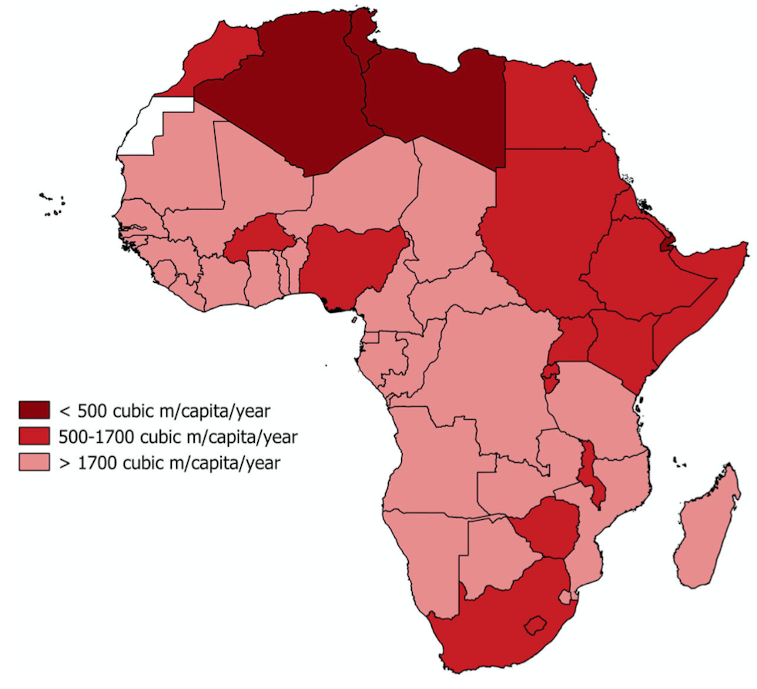Smallholder Irrigation for a Greener Africa
Smallholder farmers make up close to 70% of agricultural production in Sub-Saharan Africa (SSA). Most of the crops on these lands are rain-fed, hence their production is highly susceptible to variabilities in rainfall ( Koigi, 2022 ). As such, there is a huge potential to boost agricultural productivity through irrigation. For instance, farmers who are able to produce during dry seasons tend to earn substantially more (Jayne et al. 2016) . Construction plans are already underway to build new and expand existing irrigation systems, such as the Shire Valley Transformation Programme in Malawi and the Bura and Mwea in Kenya ( Merrey, 2020 ). These large-scale programmes are well-funded by institutions like the World Bank. However, is larger necessarily better? The Office du Niger Tragedy In 1932, the French colonisers established a canal irrigation system at the Niger River in Mali to scale up the cotton supply for their booming textile industry. Known as ‘Office du Niger’, it is one of t
